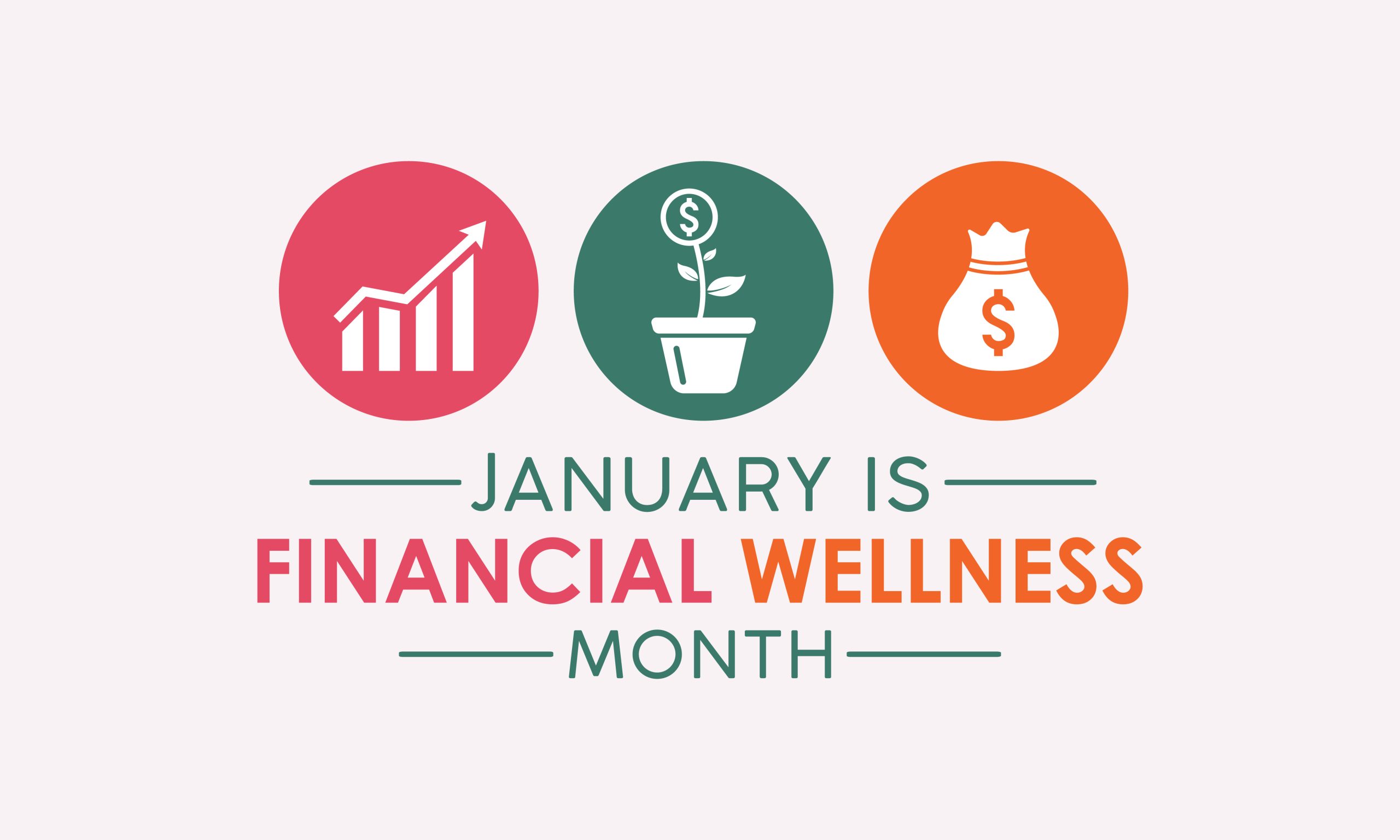Homeowners have seen the value of their homes soar over the past few years. Even though prices have flattened or even declined this year, the Federal Reserve Bank of St. Louis reports that the total amount of home equity in the U.S. is at an all-time high.
At the same time, mortgage rates have more than doubled, and inflation is taking a noticeable bite out of many family budgets.
So is this the right time to extract some of the money from your home and turn it into cash? You may be sitting on (and living in) a potential gold mine. CoreLogic states that Americans have an estimated $20 trillion worth of home equity.
What is home equity? It’s the difference between the current assessed value of your home and the amount you still owe on the mortgage. For example, if your home is valued at $500,000 and the amount remaining on your mortgage is $200,000, you have equity in the house of $300,000 – and you can borrow against that amount. According to CoreLogic, the average homeowner gained more than $34,000 in home equity in the one year ending in September 2022.
With inflation uncomfortably high and the stock and bond markets still well off their all-time highs from early 2022, you may need more easy access to the cash you need for a significant expense. You could tap into some of the wealth built up with the rising value of your home.
Of course, there are risks that we will outline below, along with the rewards of using the equity in your home.
Home Equity Line of Credit
There are several different types of loans to consider. The most common loan is the Home Equity Line of Credit, known as a HELOC.
The big advantages are that you can get approved for a HELOC ahead of time and only pay interest on the portion of the money you use. For instance, you can get approval for a $100,000 line of credit and then find out that your kitchen renovation will only cost $60,000. You will only have to pay interest on that amount, not the entire $100,000. It’s like a revolving line of credit.
The downside is that HELOCs are usually adjustable-rate loans, and in the current environment of rising interest rates, your payments could rise. Some banks allow you to convert the HELOC into a fixed-rate loan after you have accessed the money.
Also, be careful not to fall into the trap of paying only the interest charges in the early years. Many HELOCs allow you to do so, but the cost, in the end, could be very high. It’s comparable to making the minimum payments on a credit card. Over time, your total balance could go up, not down, and you could end up owing thousands of dollars more than your loan amount.
Home Equity Loans
A home equity loan differs from a HELOC in two major respects. First, you borrow a set amount from a lender, and the clock begins immediately on paying back the loan. If you have a contractor ready to begin and the cost of the project is $60,000, that’s the amount you borrow – but you don’t have any flexibility on dipping in for another $10,000 if the renovations run more than expected.
On the plus side, most home equity loans typically have fixed rates and a specific time period to make payments, so you know exactly how much it will cost and how long you’ll have to pay off the loan.
Refinancing Your Mortgage
Refinancing your existing mortgage to take out some of your equity was a great option a year or two ago when mortgage rates were in the 3-to-4 percent range, maybe even lower. But with rates hovering around 7 percent now, it’s no longer an option for most people.
The BIG Risk
The big risk, which is BIG, is that you use your home as collateral when you take out a loan. That means if you lose your job or encounter another major setback and can’t repay the loan, you could lose your home.
Determine if you have sufficient assets to repay the loan, no matter what.
Good Uses for a Home Equity Loan vs. Frivolous Ones
Despite the risks, there are several good reasons to use some of that home equity you’re sitting on. Consumer finance experts always point to home renovations as a good use of this money. Renovating a kitchen or bathroom, finishing a basement, or adding insulation or solar panels can all add to the value of your home, in addition to giving you a nicer, more comfortable place to live.
In this case, tapping into your home equity could represent a more cost-effective way to finance a big project, especially when compared to high-interest credit cards or personal loans.
However, taking money out of your home to pay for a new luxury car, a wedding, or a pricey vacation is generally considered a poor decision. You are, in effect, taking out a loan to pay for something with a declining value.
Also, using your home equity to pay for an investment is a risky proposition. Since there are no sure things, an investment in real estate, stocks, etc., could leave you with a loss of capital and a hefty loan to pay off.
Somewhere between the good and not-so-good uses are things like paying for college and consolidating debt. Both are often considered desirable goals, but experts say there are often better ways to finance those efforts without the risk of losing your home. In the case of debt consolidation, you are taking unsecured debt and putting your home up as collateral.
Other Things to Note
- You can take deductions for interest payments made on HELOCs and home equity loans up to certain dollar limits.
- Taking out loans can initially ding your credit score, even though that should be a short-term issue if you make your payments on time.
- Shop around. Rates can vary widely from one bank to another or at various credit unions or mortgage companies.
- There are fees and other costs involved in securing a loan, similar to when you took out your primary mortgage.
- There is no guarantee that your home won’t lose value, in which case your primary mortgage and the secondary loan could be greater than your home is worth. That’s known as being underwater.
- There are limits on how much you can borrow – usually 80-to-85 percent of the assessed value of your home, after subtracting the amount of your mortgage balance.
- Another option is a reverse mortgage, but that’s a story for another day.
Using the value built up in your home can be a wise move, but remember that your home is not a piggy bank or an ATM. Spending the untapped equity in your home can be very tempting, but make sure you are doing it for the right reasons and that you have the resources to cover the loan amounts in a just-in-case scenario.



